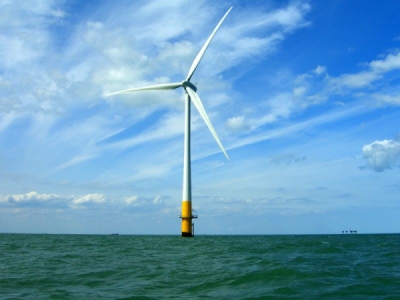
Posted on September 17, 2020
New developments have raised serious questions regarding the economic and job benefits from offshore wind energy projects in U.S. waters.
Unsubstantiated claims of significant economic growth and investment have exaggerated the benefits of offshore wind energy, and diminished the economic and cultural importance of sustainable American wild-caught fisheries.
Georgetown Economic Services: Benefits of Offshore Wind ‘Grossly Inflated’
A new study, conducted by Georgetown Economic Services (GES), finds that “[t]he claim that the huge investments in offshore wind would provide significant job and economic benefits in the U.S. has been grossly inflated.” The study also reaches an important conclusion: many of the jobs and benefits would actually go to the foreign-owned companies currently dominating the wind energy landscape, instead of creating local opportunities.
The study examined the potential permanent and temporary jobs that would be created by wind energy development in New England and the Mid-Atlantic, and the Vineyard Wind project in particular. It found that estimates for domestic permanent jobs are 3-4 times lower than those promised by the wind industry, and that companies will need to spend millions importing turbines and other equipment from Europe, as the U.S. lacks the relevant infrastructure.
“A careful investigation of the employment impact shows a surprisingly low number of positions at the more permanent level of actual operation and maintenance of the offshore wind electricity,” the study found.
Astonishingly, GES estimates of temporary employment were actually higher than wind energy industry estimates, indicating that temporary construction jobs are expected to go to skilled international workers rather than be sourced locally. Specifically, it found “the bulk of the jobs will be created overseas rather than here at home, and total domestic employment in manufacturing and construction is small when compared with employment in the manufacture of conventional equipment for power generation.”
Source: coastalnewstoday





